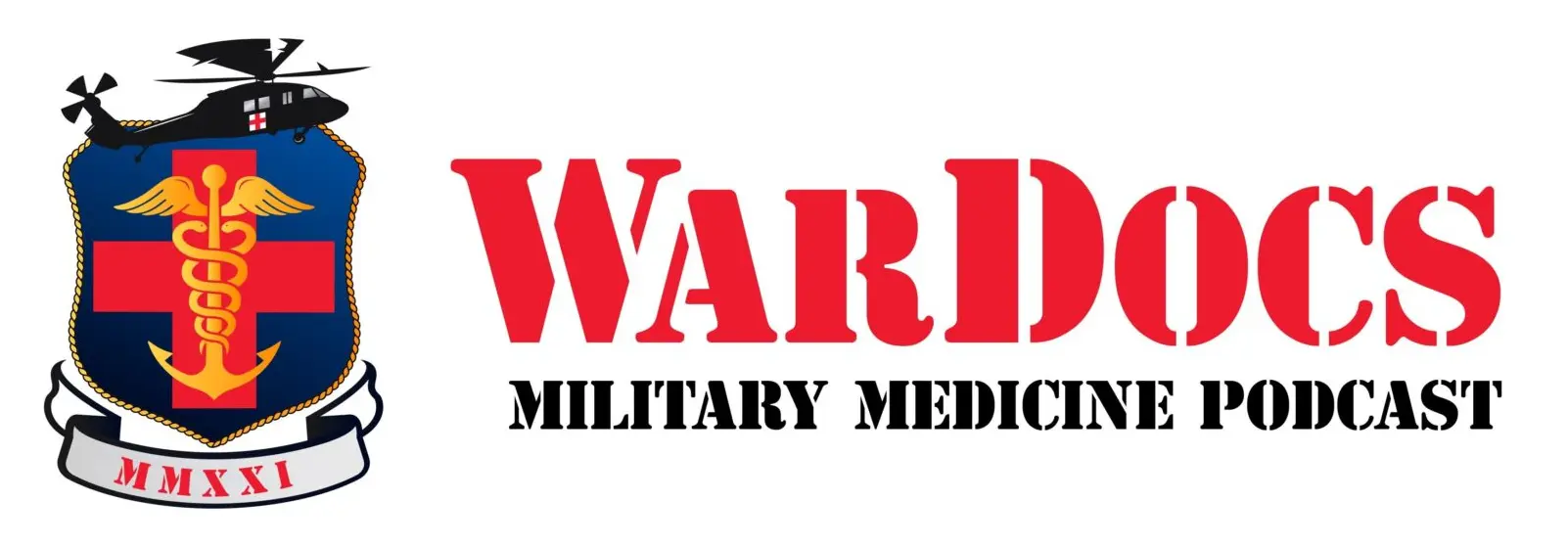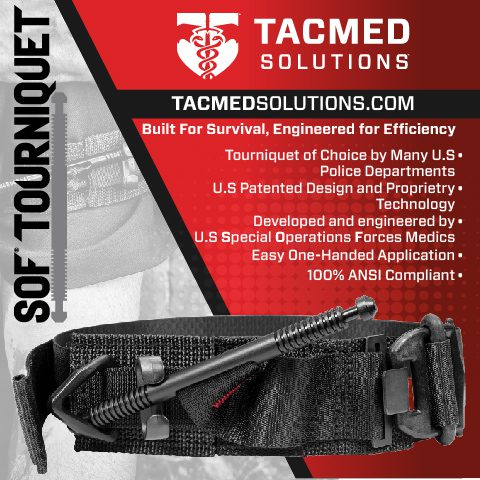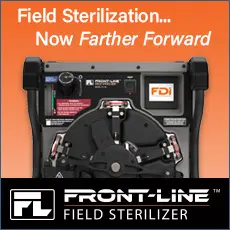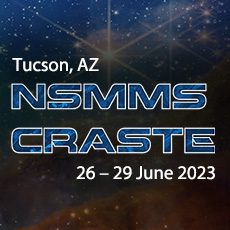Tapping Small Commercial Expertise for Large Scale Sustainment
A research and development program is helping the Defense Logistics Agency (DLA) yield new sources for obsolete parts and raw materials.
By Beth Reece, DLA
From Armor & Mobility, Fall 2022
The Defense Logistics Agency’s R&D program managers Vaibhav Jain and Denise Price are always seeking opportunities to match America’s small businesses with research and development projects that address critical supply chain gaps and security threats. They work with small businesses striving to source parts, raw materials and manufacturing solutions through the Small Business Innovation Research (SBIR) and Small Business Technology Transfer (STTR) programs. In fiscal 2021, DLA awarded 75 projects worth over $43 million through SBIR and STTR.
“Small businesses are the backbone of the defense industrial base, and our goal is to apply the advanced technologies they develop to DLA’s mission and priorities,” Jain said.
Small Businesses Key to Easing Decrease in Native Sustainability
Declining domestic manufacturing capabilities and parts obsolescence threaten the sustainability of aging weapons systems such as the air-launched cruise missile and Ohio-class submarines.
“A lot of original equipment manufacturers have moved on to the latest and greatest technology, so they don’t want to deal with older parts that aren’t big money makers,” Price said. “That leaves the services without a source of supply, and DLA is trying to fill the gap.”
DLA uses programs like SBIR and STTR to collaborate with weapons system program offices and service engineering support activities to turn industry’s innovativeness into DLA supply chain solutions. SBIR and STTR are congressionally mandated for federal agencies exceeding extramural research budget thresholds to provide federal funding to eligible small businesses in three phases.
The first phase usually lasts six months as a business determines the scientific, technical and commercial merit and feasibility of a research objective based on projects that are announced three times a year on the U.S. Department of Defense (DoD) SBIR/STTR website. The award is usually for less than $100,000.
“We make sure we have a program of record in mind for any project we put out, so it’s really up to small businesses to present a technology that our warfighter customers are interested in,” Price said.
The most promising projects are funded for the second phase, in which businesses produce a prototype and demonstrate the potential for qualifying for a program of record. The award in this phase is typically for 24 months and $1 million.
Only half the companies make it to the second phase
“Usually, if a company doesn’t make it to the second phase at DLA SBIR, they either don’t have a good commercial application or transition plan, or they just don’t show the effectiveness and efficiency we’re looking for,” Price added.
The third phase is the commercialization or transition to a program of record and could last around three years. Funding ordinarily comes from the services or another agency.
Incentivizing Greater Participation
While the statutory purpose of the programs is to boost small business’ role in R&D, Jain said they also help DLA meet warfighters’ needs. Recent successes include the awarding of a contract to a small business that developed a proprietary process for creating premium powder from recycled, nickel-based superalloys. The powder is pure enough to be used in precise processes like additive manufacturing and is suitable for stockpiling.
A San Diego-based small business is also now an approved supplier for a field radio battery charger that was a limited-source item. The company used reverse engineering to manufacture the charger and reduced the cost by 35%.
DLA SBIR projects have even resulted in the creation of a COVID-19 rapid test kit that received Emergency Use Authorization from the Food and Drug Administration (FDA) in February. The company has since provided the kit to government agencies, schools, first responders and more.
DLA currently has about 70 SBIR/STTR projects geared toward easing challenges like identifying counterfeit parts and using additive manufacturing to fabricate fuel oil coolers.























